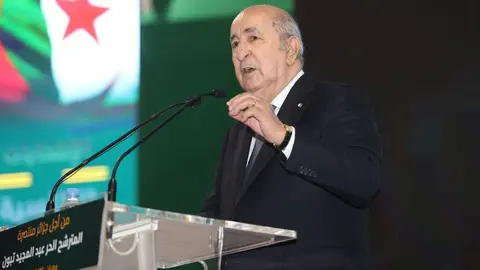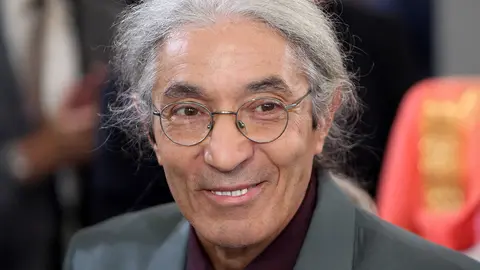Algeria sentences author Sansal to five years in prison in a new chapter in the fight with France
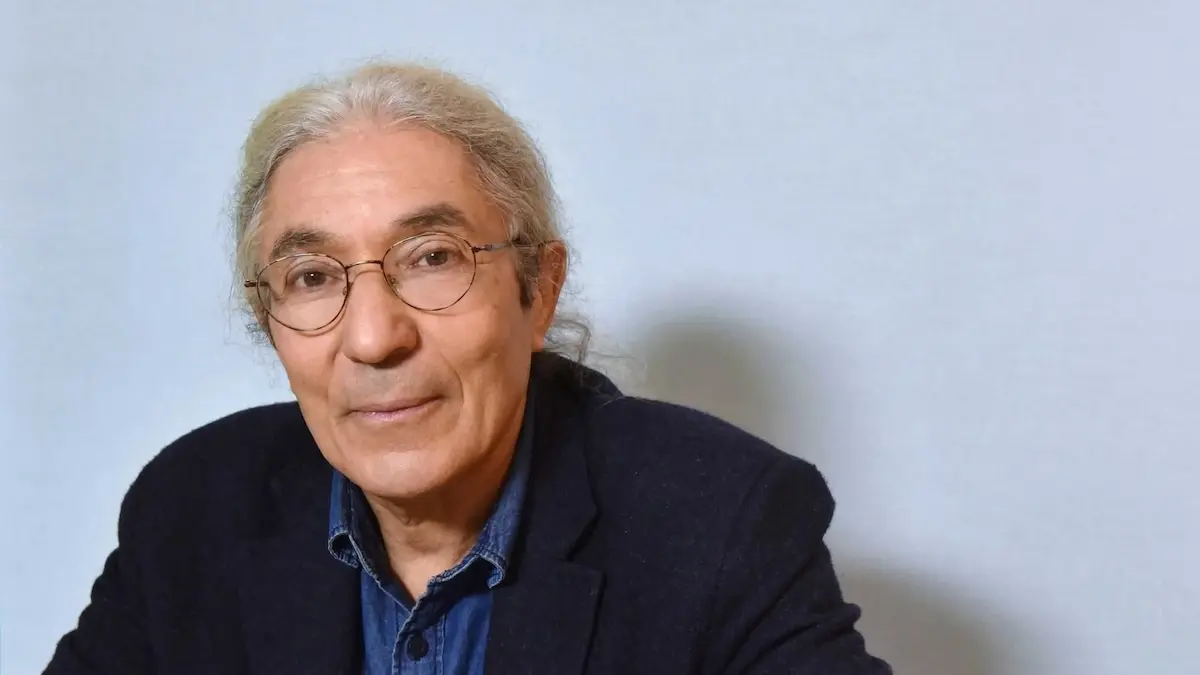
A court in Algeria on Thursday found the Algerian-French author Boualem Sansal, who has been at the centre of a diplomatic crisis, guilty and sentenced him to five years in prison.
The 80-year-old author is known for his criticism of Algerian authorities as well as of Islamists.
He was arrested in November and stood trial for undermining Algeria’s territorial integrity, by saying in an interview with a far-right French media outlet that France unfairly ceded Moroccan territory to Algeria during the colonial era.
The statement, which echoed a long-standing Moroccan claim, was viewed by Algeria as an affront to its national sovereignty.
The author’s arrest in Algiers deepened a diplomatic rift with France, which analysts have said is the worst the two countries have seen in years.
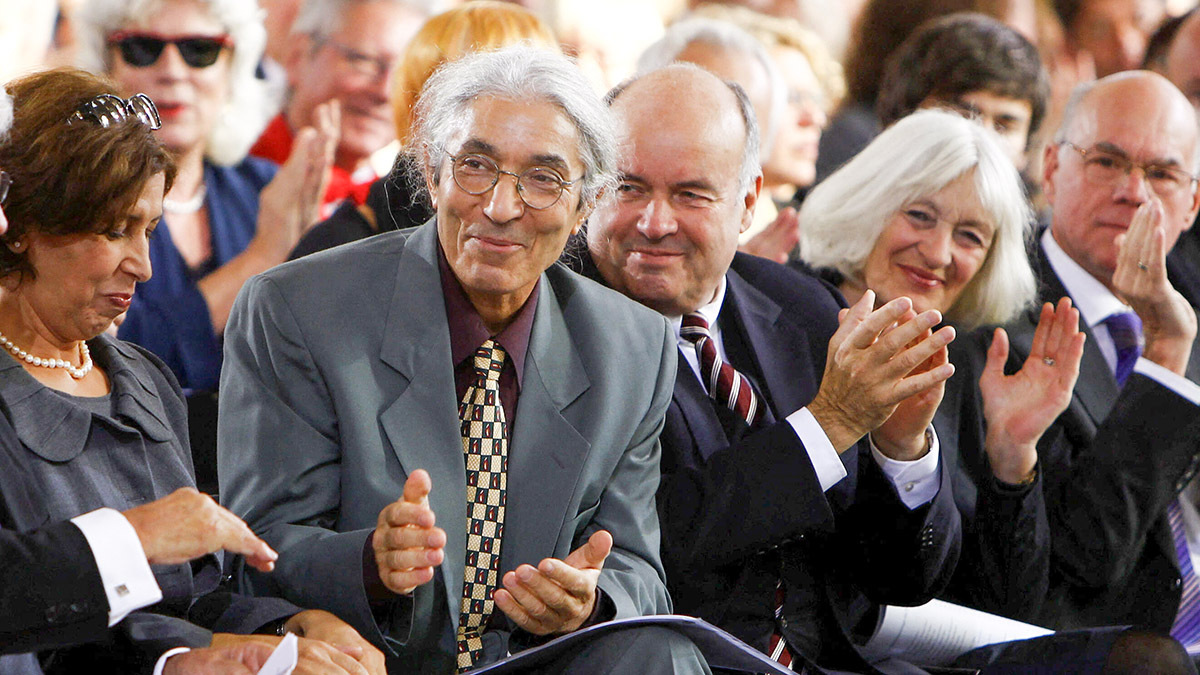
A court in Dar El Beida, near Algiers, sentenced “the defendant in his presence to a five-year prison term” with a fine of 500,000 Algerian dinars ($3,730).
Last week, prosecutors at an Algiers court requested a ten-year prison sentence for the French Algerian novelist.
Though Sansal was unknown in France before his arrest, the trial has sparked a wave of support from French intellectuals and officials against the background of frictions with Algeria.
French President Emmanuel Macron has dismissed the accusations against Sansal as “not serious,” and repeatedly called for the writer’s release, citing his fragile state of health.
Sansal’s French lawyer, Francois Zimeray, condemned the decision in a post on X as “a sentence that betrays the very meaning of the word justice.
“I appeal to the Algerian presidency: justice has failed, let humanity at least prevail.”
Algerian news site TSA has written that the trial was “not just about the fate of one man but also the immediate future of relations” between Algeria and its former colonial ruler.
Ties between the two countries have been strained over migration issues and since Macron recognised Moroccan sovereignty over the Western Sahara in July last year.
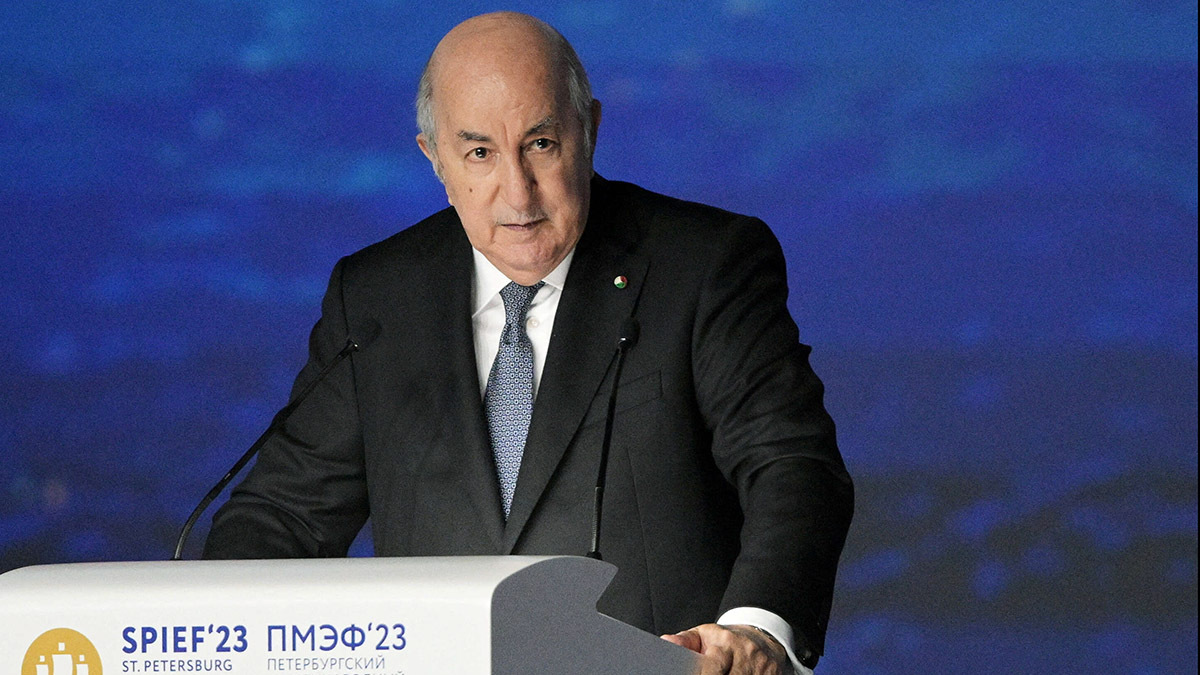
At his trial last week, Sansal said he had not foreseen the potential repercussions of his comments on Algeria’s borders with Morocco.
He also denied any intent to harm Algeria, saying he merely “expressed an opinion” in the name of “freedom of expression,” according to Algerian newspaper Echorouk.
Algeria has blamed the French right and far-right for fuelling the dispute, arguing that French diplomacy is now led by hardliners favouring its regional rival, Morocco.
In an apparent attempt to ease tensions, Tebboune said in an interview on Saturday that the case was “in good hands” and described Macron as his “sole point of reference” for repairing strained ties.
Sansal’s sentence sends a contradictory signal while some speculate that Tebboune might pardon Sansal as a step towards easing tensions with France.


